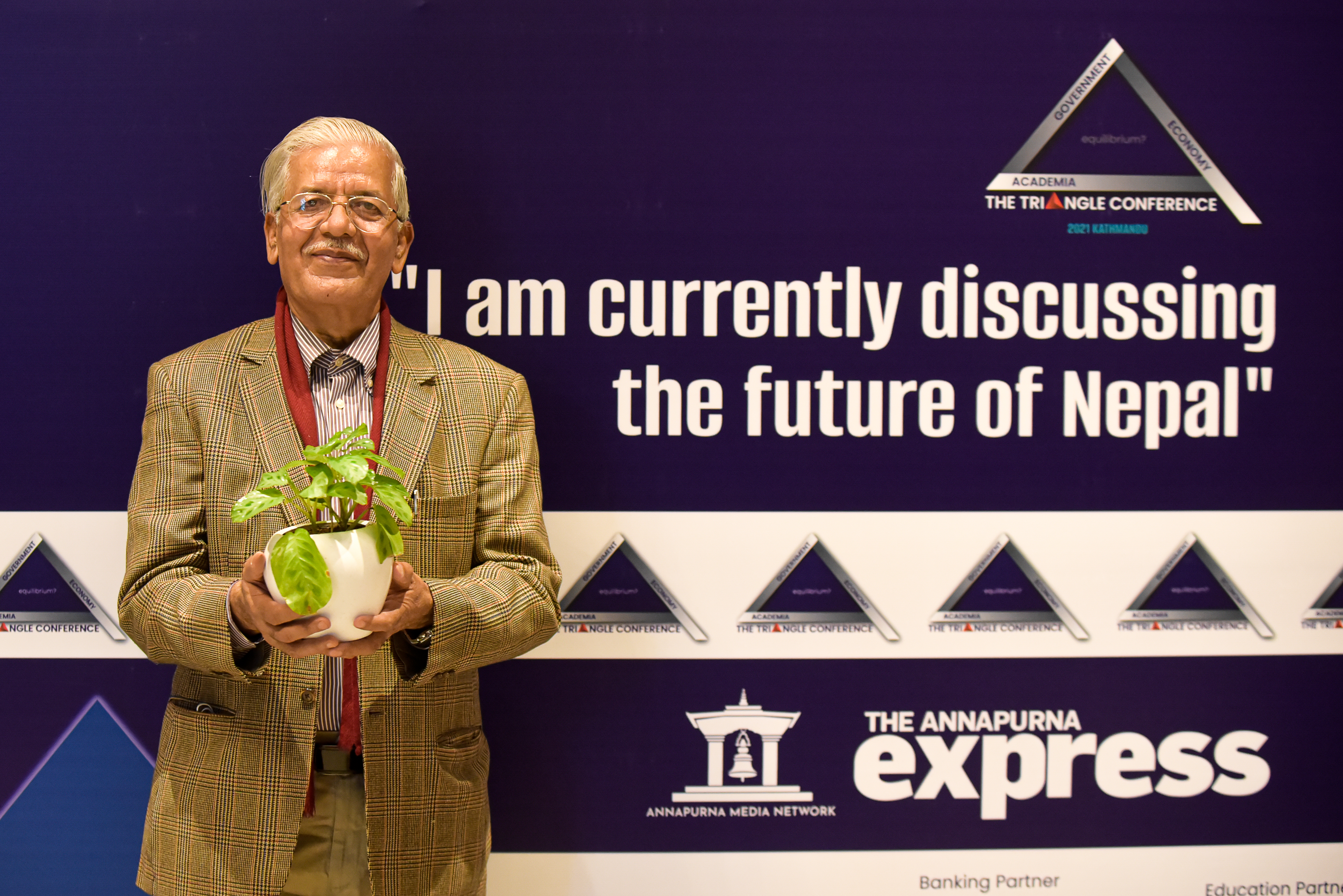The just-concluded 14th Nepali Congress General Convention will be best remembered for two reasons: the emergence of Shekher Koirala as a serious contender for party leadership—and the ubiquitous green water-tanks that doubled as ballot boxes. People were left scratching their heads as the CPN-UML, the country’s largest party, had only just successfully employed e-voting to elect its leadership in its general convention. If e-voting was good enough for UML, why wasn’t it for NC?
Pratik Ghimire of ApEx talked to Neel Kantha Uprety, former chief commissioner of the Election Commission and researcher on elector finance and governance.

What do you think explains the tech-phobia of Nepali Congress?
Even in the previous UML general convention in 2014, electronic voting had been considered before one of its leaders refused to accept it at the last minute. We tried to convince him, but he would not budge. But this time, the party really did switch to electronic voting. I believe Congress must also have considered using the paperless system, but their conservative beliefs stood in the way. They are afraid of technology. This is akin to counting cash by hand even after getting it counted by a reliable machine.
Is there any other reason behind the NC’s reluctance to switch to electronic voting?
The other reason is that politicians and local hooligans can’t tear ballot papers or manipulate the results if all votes are cast electronically. This might be an unpopular but true reason.
Also read: Rajendra Lingden: No one person or family will direct RPP
Nepal piloted an electronic voting system in one constituency back in 2008, but why didn’t it continue?
We had brought well-working second-hand machines from India. They were good to use, but due to unavoidable technical complications, we had to stop using them. The machines were designed for fewer candidates than we usually have in Nepal. The software was also not designed for the election system in Nepal. We could have worked on it, but nobody cared to do so.
So our conservative politicians are the hurdle, then?
The latest data shows 38 million mobiles are in use in Nepal—which is more than our population. Most people, even the elderly, have started using smartphones. This proves that we are a technology-friendly country but politicians have been halting our progress. They lack interest, belief, and willpower to start something new. These days, the machines can be customized for just about any election . Politicians fear the instant results machines provide.
National elections are around the corner. Could we switch to e-voting by then?
Before switching to electronic voting in the general election, political parties should normalize the use of machines in their conventions. It would help build public trust. In India also, machines were first used by political parties for their internal elections. And we should re-pilot them by deploying them in a few constituencies across the country this time. When the Election Commission can give results with 100 percent accuracy, everyone will accept it, for sure.












